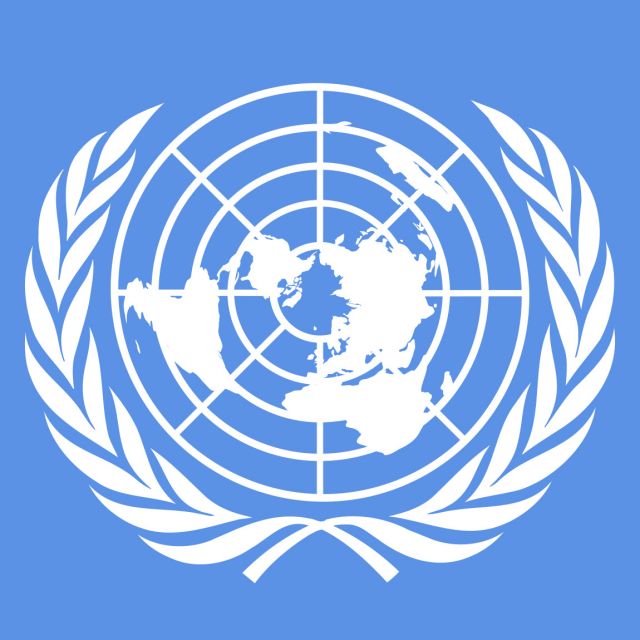According to the United Nations, "The global trade in conventional weapons -- from warships and battle tanks to fighter jets and machine guns -- remains poorly regulated. No set of internationally agreed standards exist to ensure that arms are only transferred for appropriate use."
Archbishop Chullikatt, addressing the preparatory committee in New York Feb. 13, said the Vatican believes the treaty's aim should not only be regulating the sale of conventional weapons, "but should be, above all, the disarming of the international illicit market."
If adopted, he said, the treaty also would contribute to "the promotion of a true culture of peace through responsible cooperation between states, in partnership with the arms industry and in solidarity with civil society."
The lack of international regulations and restrictions increases instability and conflict and promotes a culture of violence and criminality, he said.
Responsible action and a "strong, effective and credible legal instrument that is capable of regulating and improving transparency in the trade of conventional arms and munitions" can help improve the situation and promote peace, he said.
Archbishop Chullikatt said the Vatican would like to see five points reflected in the treaty's final text:
-- The treaty should include small arms and light weapons, which are easy to access on the black market and harm hundreds of thousands of people each year.
-- It should spell out the threats to human rights, humanitarian law and development posed by illegal weapons sales.
-- The treaty should promote and reinforce international cooperation and assistance.
-- It should include provisions for assisting victims of the illegal weapons trade.
-- The treaty should be flexible so it can be updated over time to cover new weapons technologies as they are developed.


